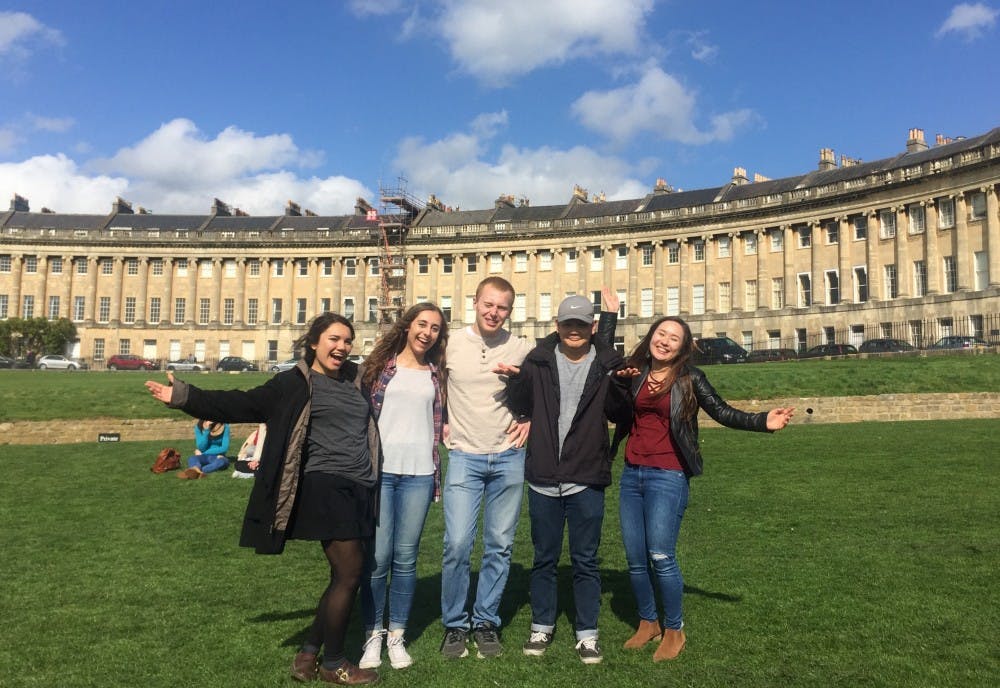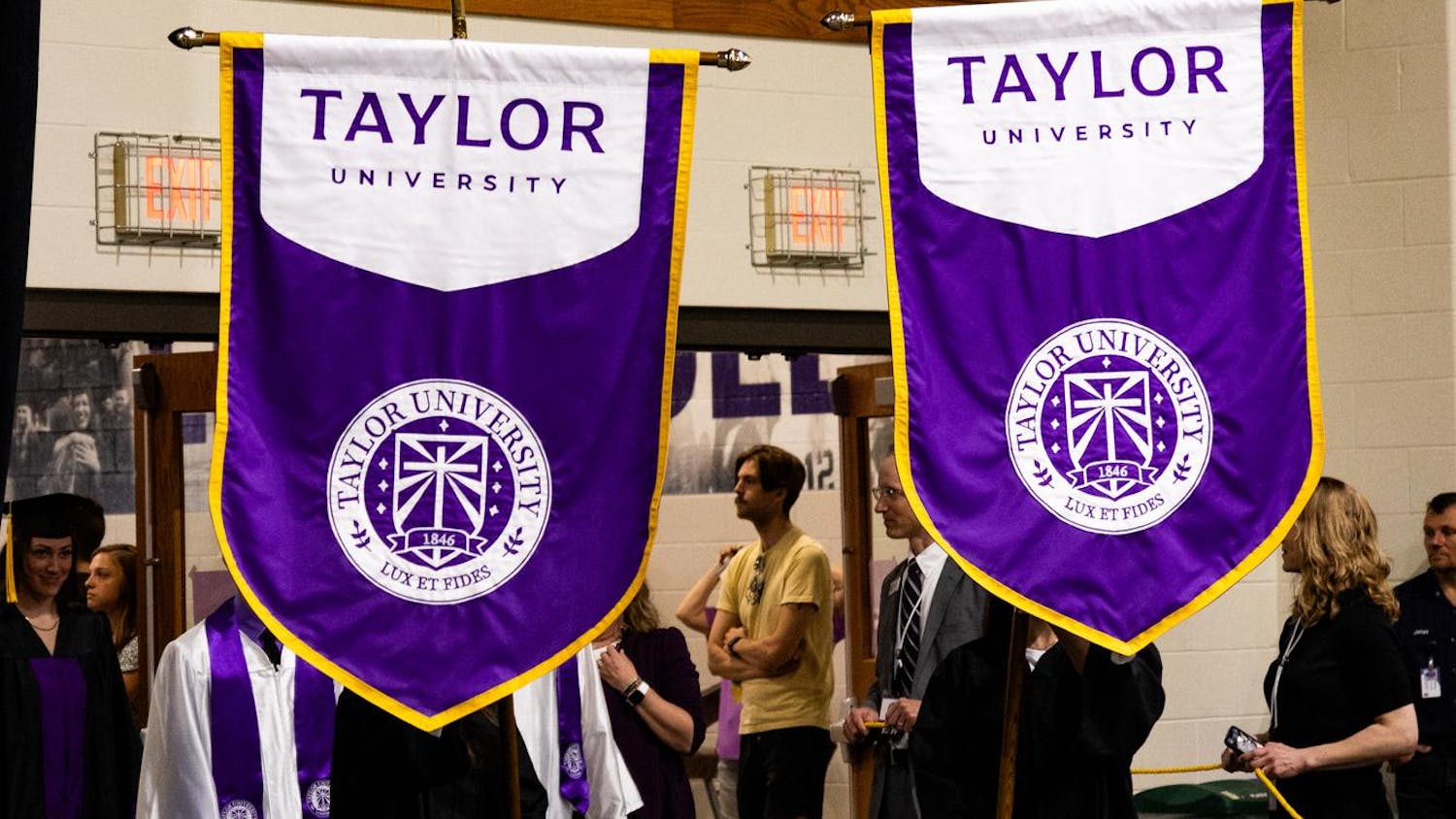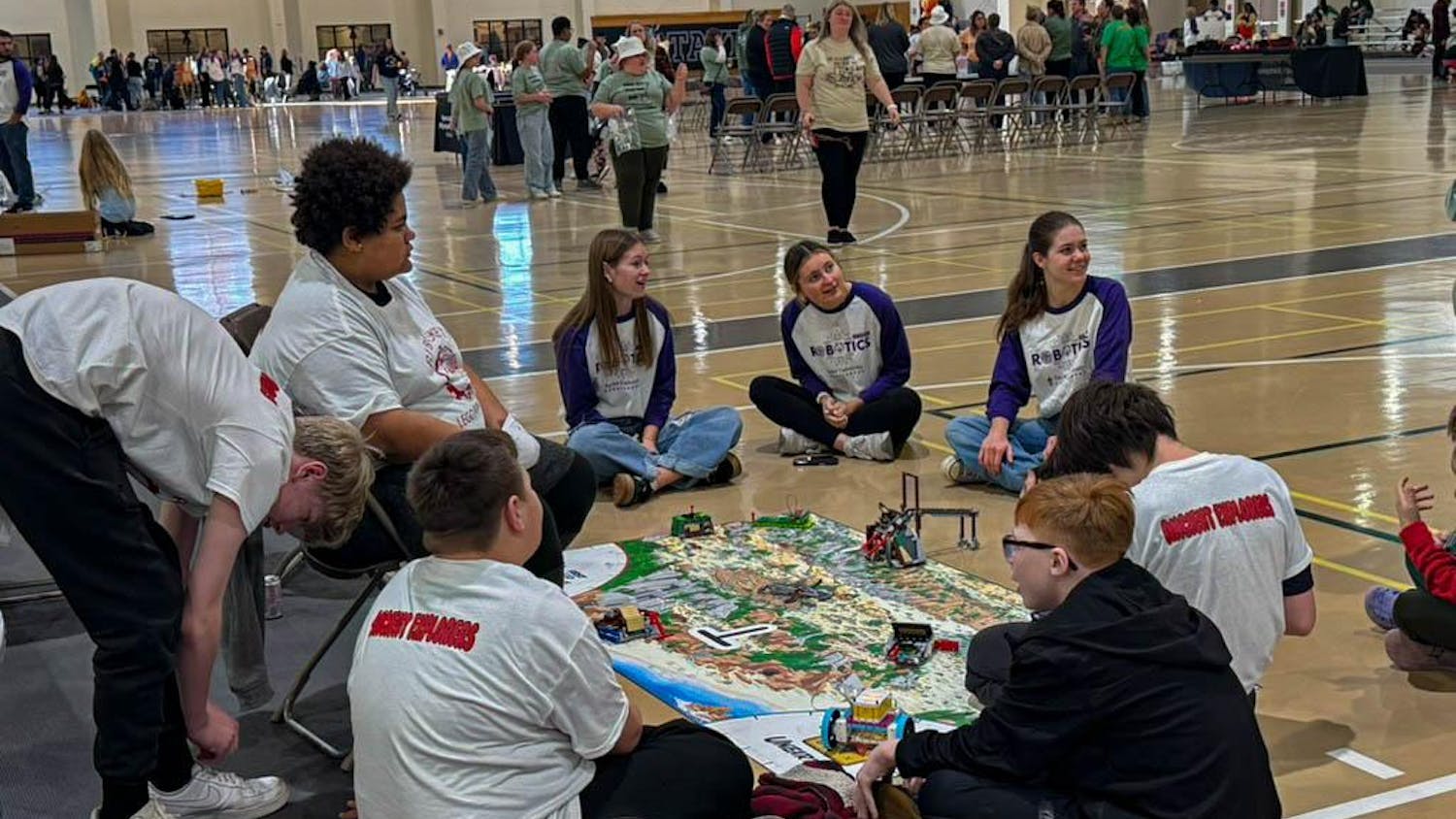By Rachel O'Connor | Contributor
According to the 2018 Open Doors survey, Taylor University is ranked fifth on the list of baccalaureate colleges leading the nation in study abroad programs. After spending even a short amount of time at Taylor, it is clear that intercultural experiences, including semester study abroad programs, are highly valued and encouraged on campus.
Since 2006, Taylor University's Intercultural Research Team has collected data on the growth that occurs in students who participate in semester study abroad programs. A Preparation, Reflection and Debriefing (PRD) questionnaire is frequently administered by the team to trip leaders and used to understand how the quality of those three areas relate to student growth as a result of the trips. Through analyzing the data, the team has found that the most influential part of an intercultural experience, even more than the length of the trip, is the preparation, reflection and debriefing.
The team cannot control much of the PRD process, but they are able to significantly aid in the debriefing process. A night of debriefing is provided by the team to Taylor students who have recently returned from study abroad trips. These debriefing nights generally occur 2-4 months after the students have returned to the U.S. While it is meaningful to debrief at the end of a study abroad experience, research has shown value in debriefing again roughly four months after the return home. This is, in part, because students often have new insights into their experience a few months out from it. Taylor students have reflected this research by giving positive feedback on the usefulness of the debriefing nights.
While attending a debriefing night is beneficial, students are still likely to feel like they have more to process. Therefore, it is important to understand what students can do to aid in their own debriefing experience.
Research suggests that one of the most beneficial ways to effectively debrief from a study abroad experience is to talk to other people  about it. Telling stories to those who are willing to listen and taking the time to explain significant memories, rather than assuming no one will understand, are both effective ways to debrief by talking to people.
about it. Telling stories to those who are willing to listen and taking the time to explain significant memories, rather than assuming no one will understand, are both effective ways to debrief by talking to people.
Another effective way to debrief after a study abroad experience is to write about it. Not everyone enjoys writing, but regardless of natural inclination or skill-set, writing allows anyone to slow down and sort through thoughts and feelings that can be complicated. In addition to writing, those who are more artistically inclined might enjoy posting, printing out or hanging up pictures from their experience as a way to be consistently reminded of it. Furthermore, those who enjoy both writing and taking pictures might find scrapbooking a beneficial debriefing tactic.
Finally, it is helpful for students to stay in contact with any friends, American or not, that they made while they were abroad. This way, students have people to reminisce about their experience with as well as relate to about the often-complicated process of re-entry into life in the U.S. Overall, although studying abroad is a complex experience, the acts of preparation, reflection and debriefing will enhance the experience and help students make the most of it.




